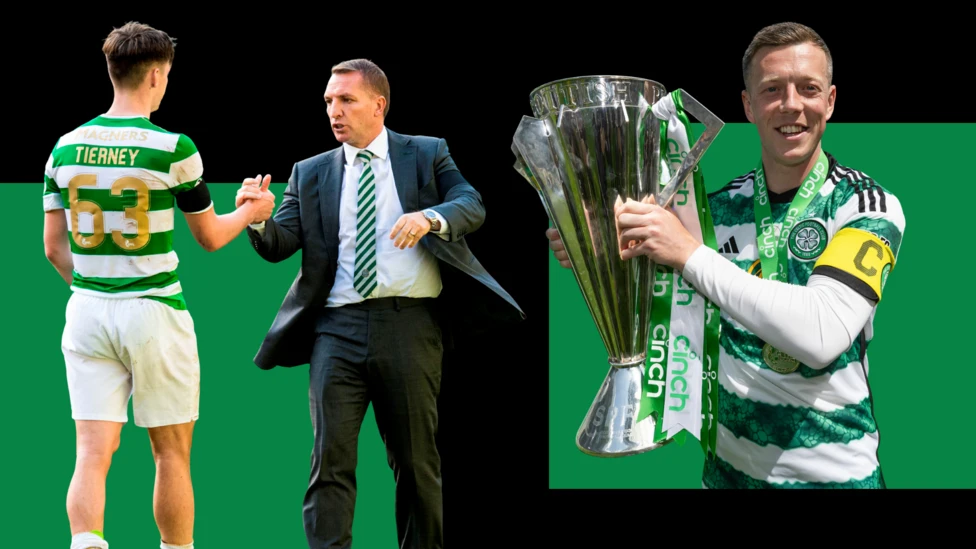
Celtic Domination Blueprint: Stability, Keywords for Success & the Power of Europe
How Stability, Smart Player Trading and European Keywords Built Celtic Era of Supremacy
When Celtic sealed their first title in four years back in 2012 with a thumping 6-0 victory over Kilmarnock at Rugby Park, it marked more than just a day of celebration in Ayrshire sunshine. It lit the first spark of a footballing domination that has reshaped the landscape of Scottish football for more than a decade.
Meanwhile, their fierce Glasgow rivals Rangers were mired in financial chaos, battling administration and staring into the abyss. Few could have predicted just how much that moment would tip the scales — but in truth, Celtic’s rise wasn’t just about Rangers’ fall. The seeds had been planted long before.
Boardroom Stability: The Foundation of Celtic for Success
In an era when ownership upheaval defines many clubs, Celtic have been a beacon of stability. Irish businessman Dermot Desmond’s steady hand has guided the Parkhead club since 1999, creating a rare sense of calm at boardroom level.
Under Desmond’s influence, Celtic have avoided rash decisions that so often derail clubs chasing instant success. Long-term planning, financial caution, and a clear identity have allowed them to steadily pull away from their domestic competition.
Former St Johnstone chairman Geoff Brown summed it up perfectly: “The Celtic board has worked constructively, and I would hold it in very high esteem.”
Consistency in the Dugout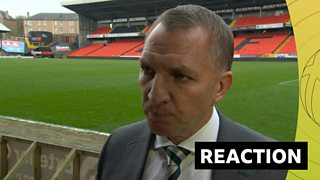
Boardroom Stability: The Foundation of Celtic for Success
On the pitch, Celtic’s managerial choices have followed the same script of stability. Since that fateful afternoon in 2012, only four men have held the reins. Neil Lennon, Ronny Deila, Brendan Rodgers and Ange Postecoglou have led Celtic through their domestic dominance, and with minimal knee-jerk reactions.
Even when European campaigns didn’t go to plan, Celtic resisted the urge to sack managers hastily. They stuck to their long-term vision — managers. They’ve stuck with them well and not panicked.”
That patience was rewarded with not just domestic titles, but multiple trebles, showing that winning wasn’t just expected — it became a relentless habit.
The Smart Player Trading Model: Turning Young Talent into Gold
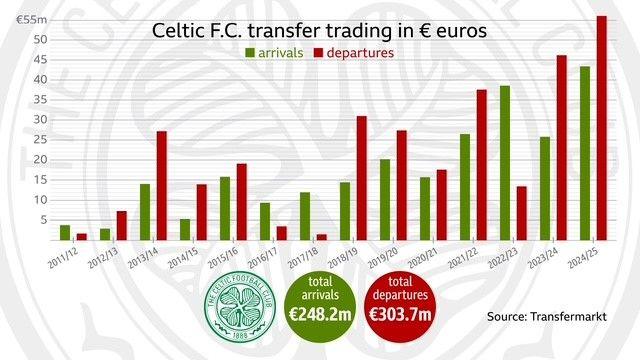
A graph of Celtic transfers over a 14-year period
Another cornerstone of Celtic’s supremacy has been a ruthlessly efficient player trading model. Around 2004, Celtic sharpened their recruitment focus, targeting players under the age of 24 who could be developed, showcased, and sold at a premium.
Since the 2011-12 season, Celtic have spent roughly £213 million on transfers and recouped around £260 million — an impressive net positive in a market where even the biggest clubs struggle to balance the books.
Sales like Kieran Tierney to Arsenal (£23m), Matt O’Riley to Brighton (£25m), and Jota to Al-Ittihad (£25m) aren’t flukes; they’re the result of a carefully constructed system. Unlike some European giants, Celtic haven’t relied on billionaire owners or spiraling debt — they’ve funded their growth the smart way.
While clubs like Manchester City have posted a net player trading loss exceeding £1 billion over the same period,
European Competition: The Golden Goose for Growth
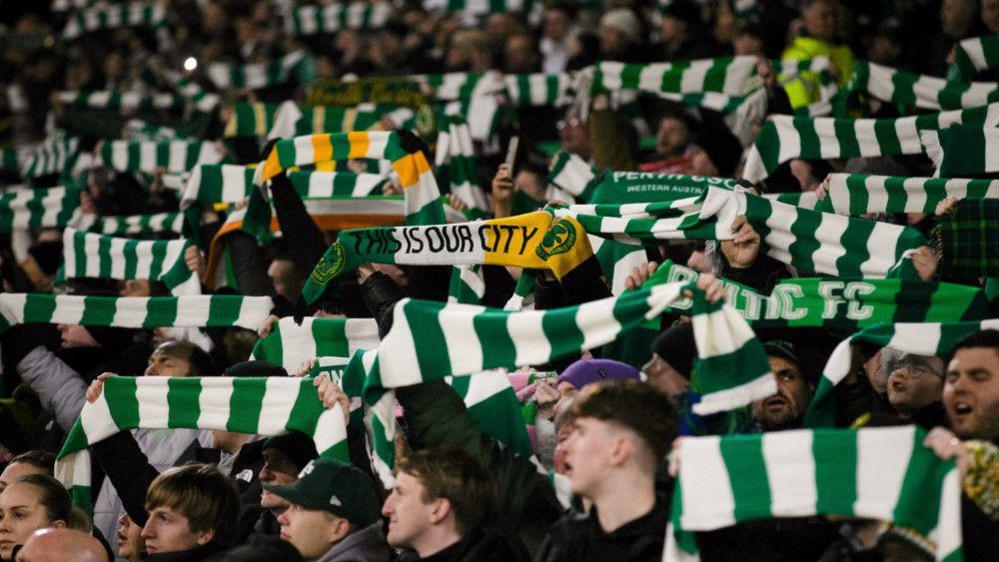
Celtic supporters
Another major pillar of Celtic’s dominance has been their persistent chase for European football — particularly the Champions League.
Since 2012, they’ve qualified for the group stage or league phase seven times. In pure financial terms, the impact is staggering: this season alone, Celtic pulled in over £30 million from participation, not counting ticket sales or hospitality.
Compare that with the £4.5 million prize for winning the Scottish Premiership, and the strategy becomes clear. Celtic view European football not just as a sporting ambition but as a vital part of their business model — a vital keyword in their strategy.
And even when they’ve struggled against Europe’s elite, Celtic have sold something else brilliantly: the sheer atmosphere of a European night at Celtic Park. UEFA deputy general secretary Giorgio Marchetti recently described it as “one of the most exciting football atmospheres you can experience.”
That branding has helped Celtic maintain their stature internationally, even if trophies have proven elusive.
Financial Power: Untouchable at Home
Thanks to smart player trading and European riches, Celtic now enjoy a financial position that most Scottish clubs can only dream of.
Their turnover last season hit £124.5 million — over £40 million more than Rangers, and nearly £110 million more than third-placed Hibernian. In 12 of the past 14 seasons, Celtic have posted profits, including during the global pandemic.
The contrast with Rangers is stark. Since 2012, Rangers have posted combined losses of £132 million, while Celtic have amassed combined profits of £112 million.
As football finance expert Kieran Maguire put it: “Celtic’s figures and business model will be envied by many.”
Yet, the club’s cautious financial approach has at times frustrated their fans, who call for greater ambition in the transfer market. Maguire understands the sentiment but believes the club’s leadership is simply protecting against repeating past mistakes.
“They could have been a bit more ambitious, but given Celtic’s historic financial issues, caution has served them well,” he said.
Has Celtic’s Domination Helped Scottish Football?
Here’s where the picture isn’t so rosy. Celtic’s runaway dominance has arguably hurt the overall appeal of the Scottish Premiership.
Maguire believes it’s a problem for the league’s marketability: “TV audiences like not knowing what the outcome is going to be. Celtic’s dominance has taken that away.”
When the title race feels over by Christmas, it’s hard to capture neutral interest — both locally and globally.
Still, while Celtic’s dominance may cast a shadow, it also offers a roadmap for clubs with ambitions of bridging the gap: stability, smart business, and a relentless focus on long-term growth The Future: Can Rangers or Anyone Else Catch Up?
If Celtic’s blueprint offers lessons, it’s that domination isn’t built overnight — and it doesn’t crumble easily either. Rangers’ rumoured takeover and potential US investment bring hope of a genuine challenge, but catching Celtic will demand a full-scale rebuild, not just splashing cash.
It means finding the right manager, committing to European qualification, building a successful player trading model, and — crucially — bringing stability back to Ibrox.
Celtic have shown the blueprint. The question now is: who will have the courage and the patience to follow it?

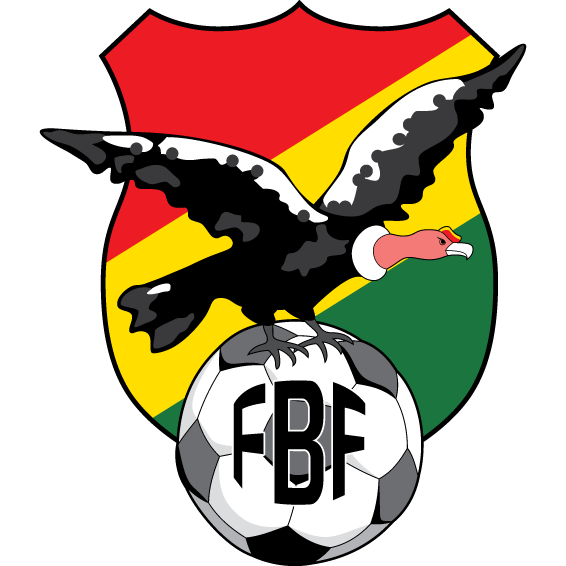
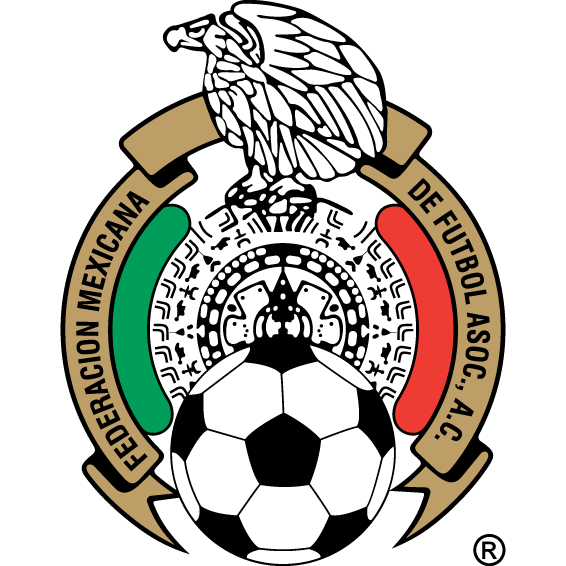
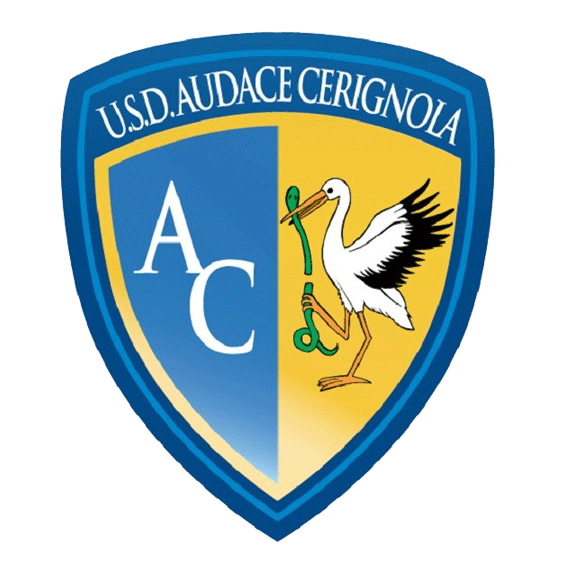
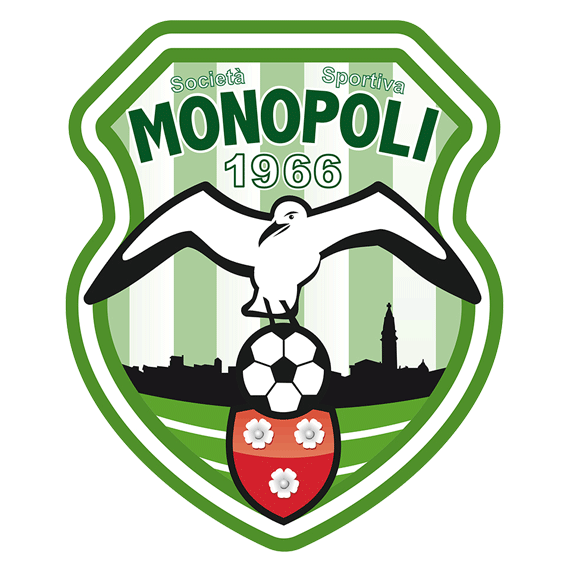
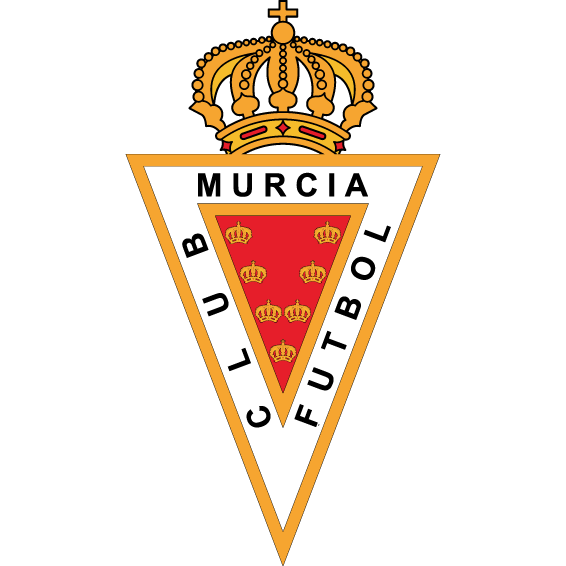
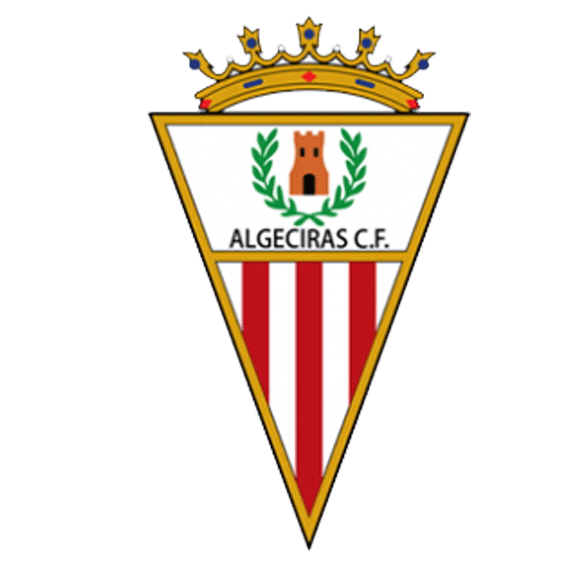
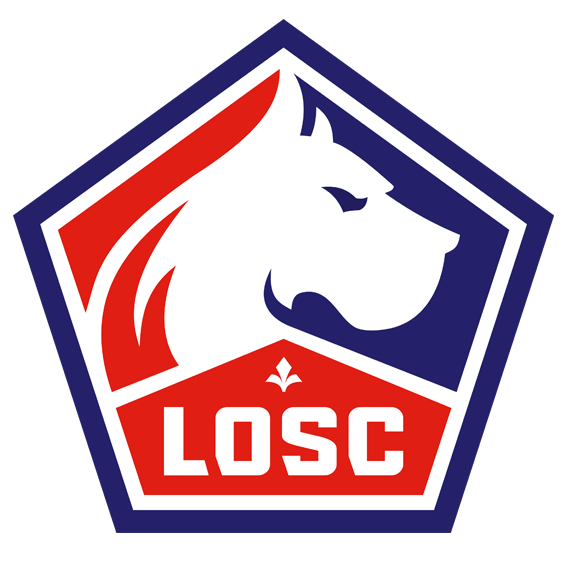
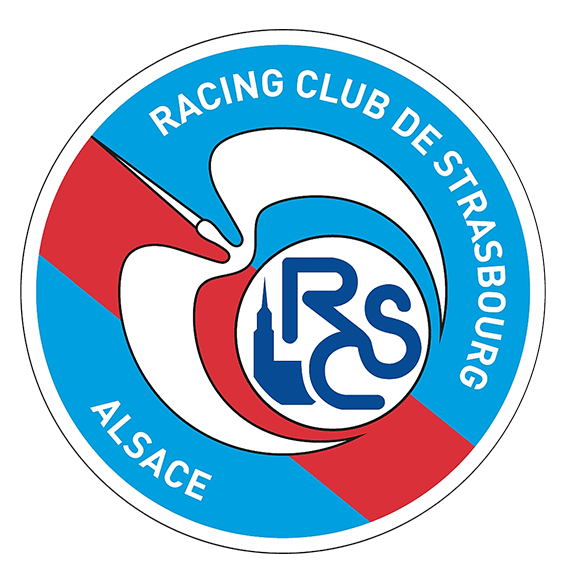
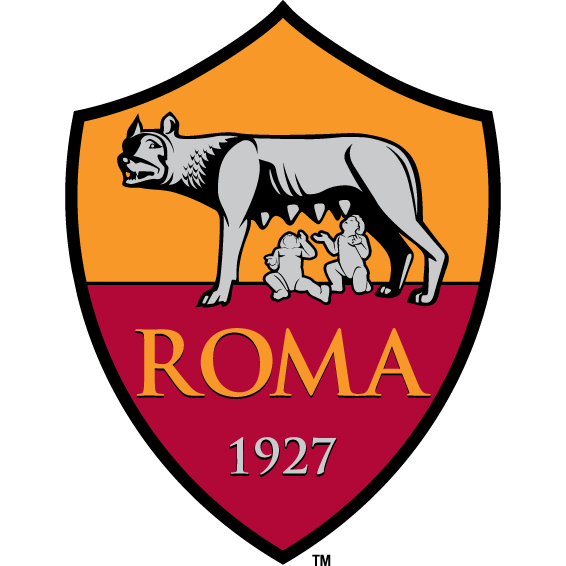
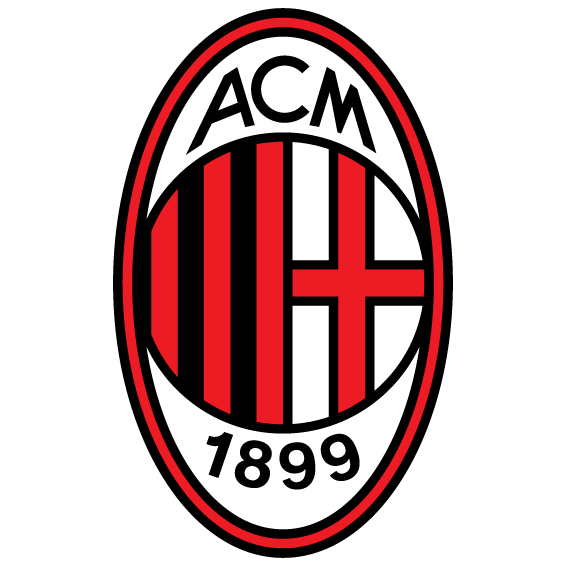
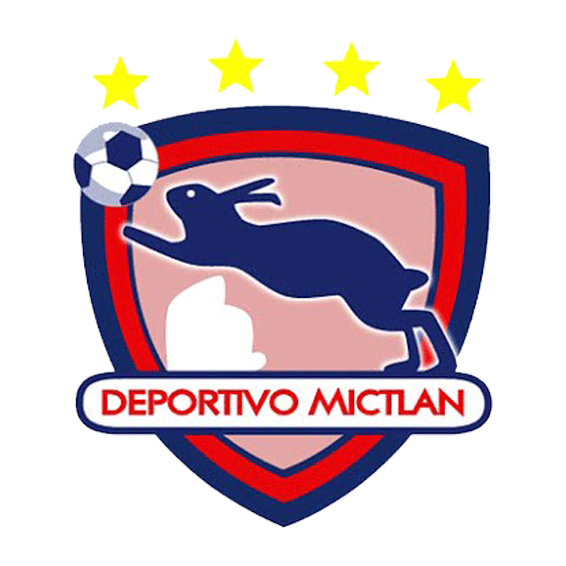
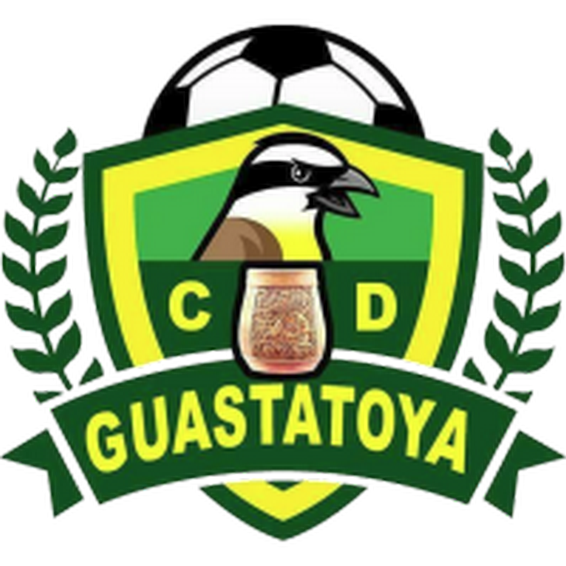
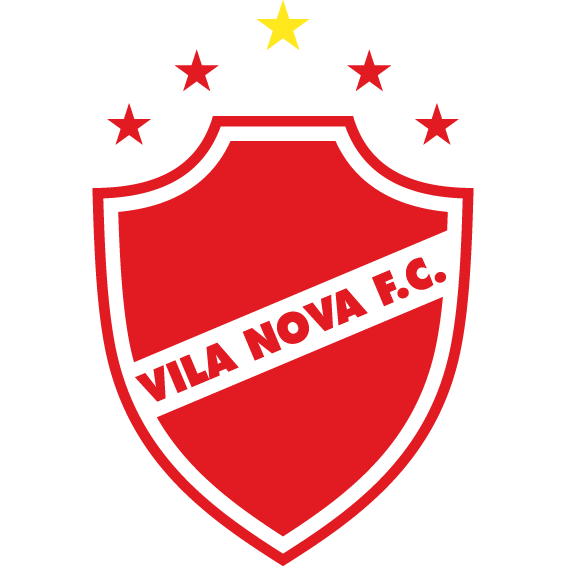
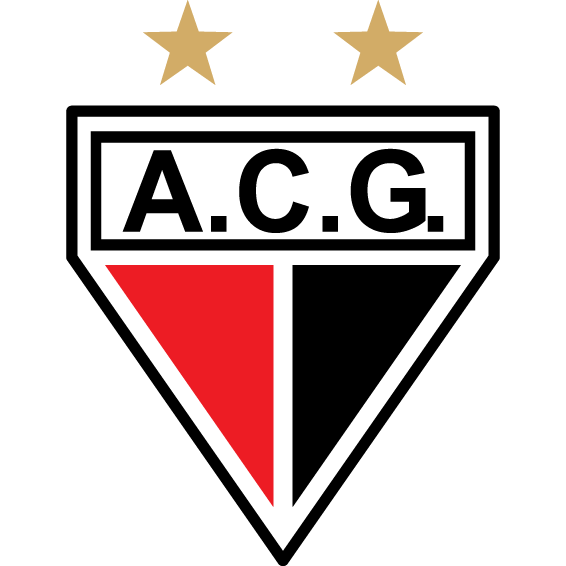

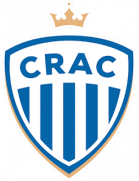


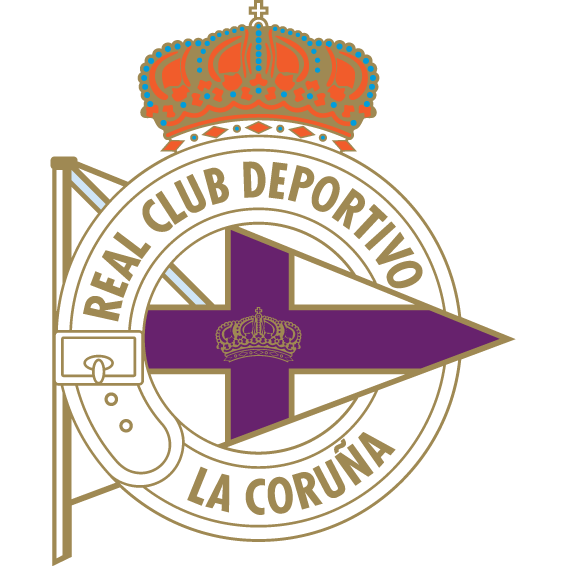
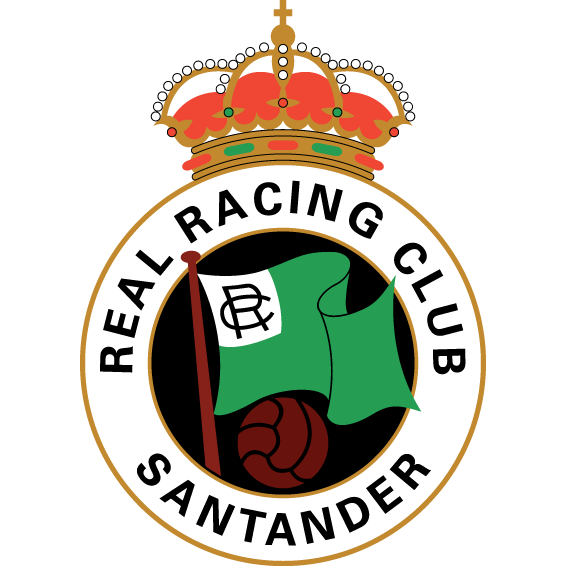

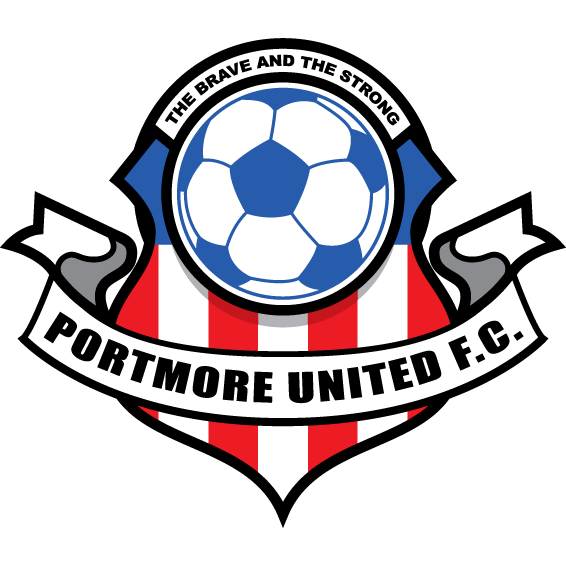

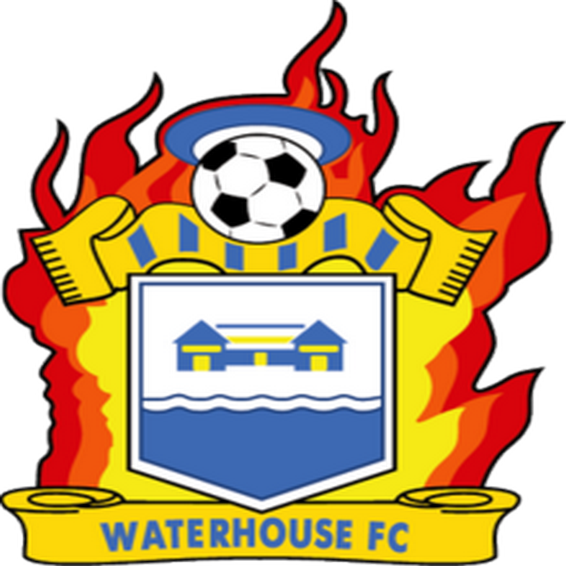
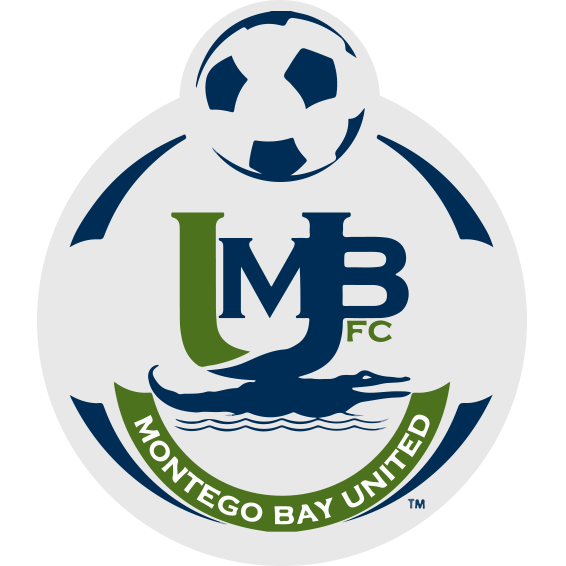

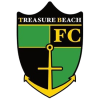


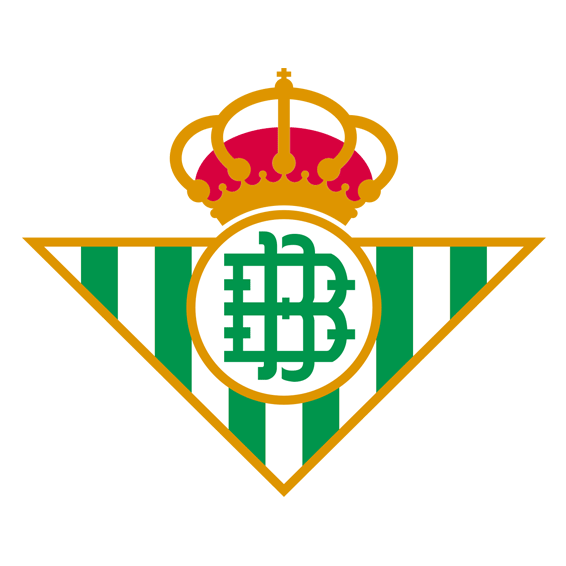


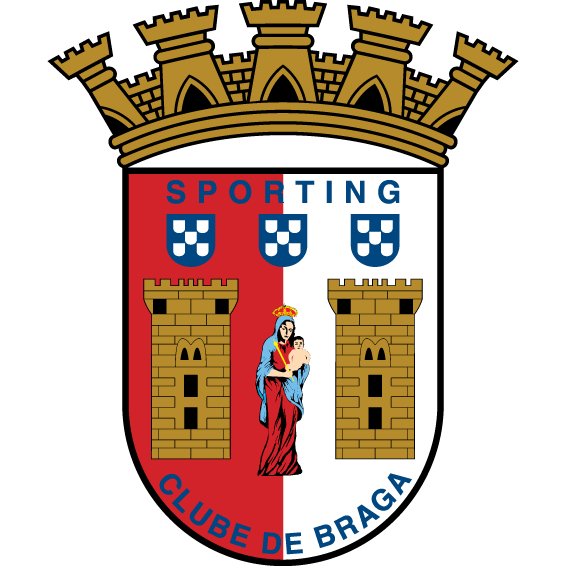
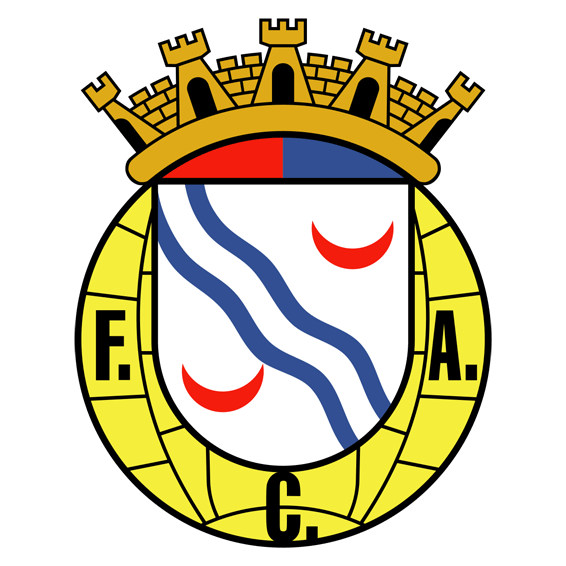

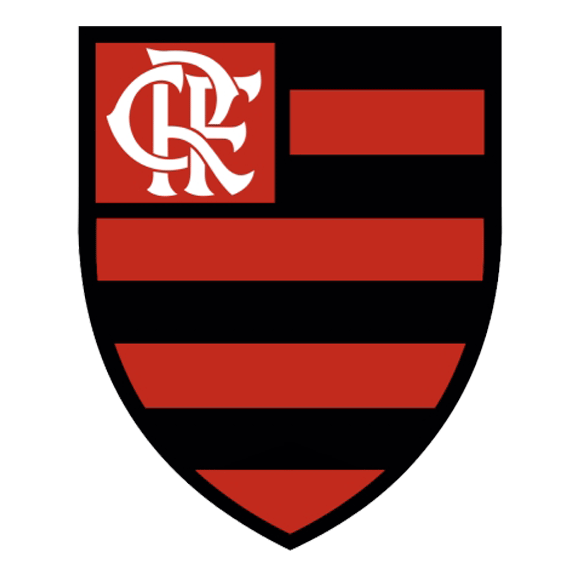
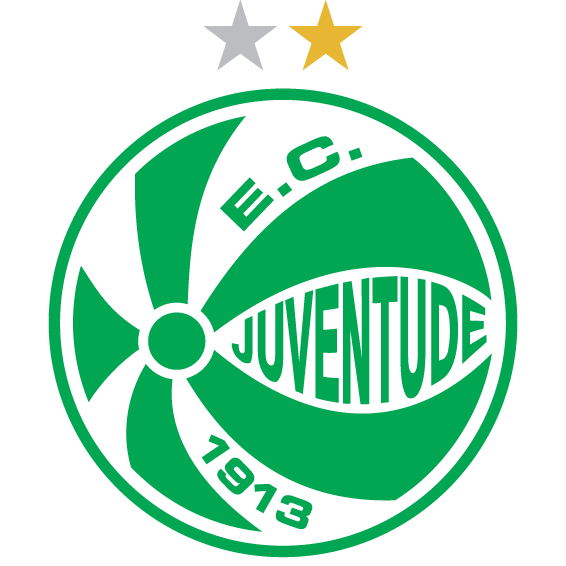


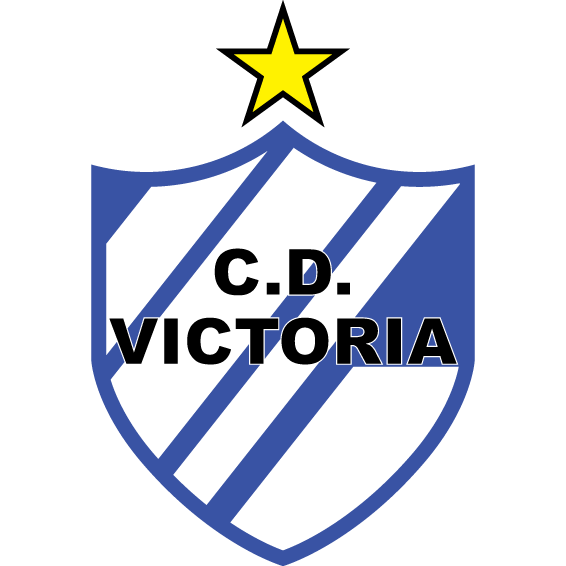


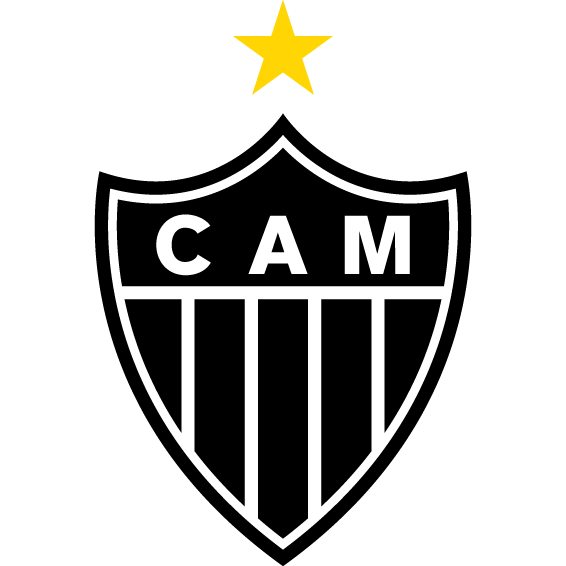
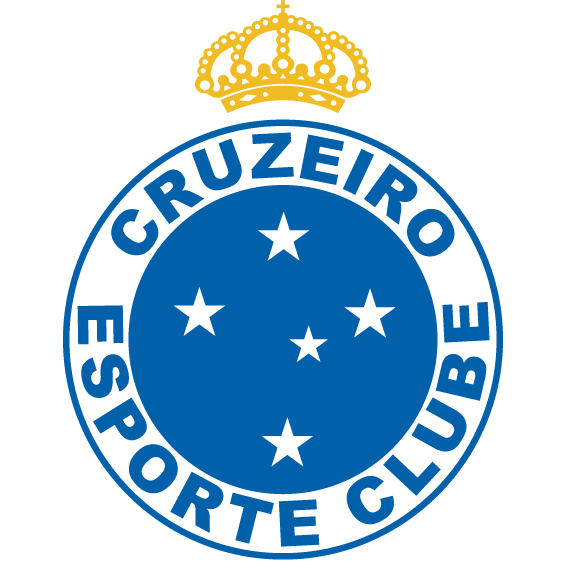



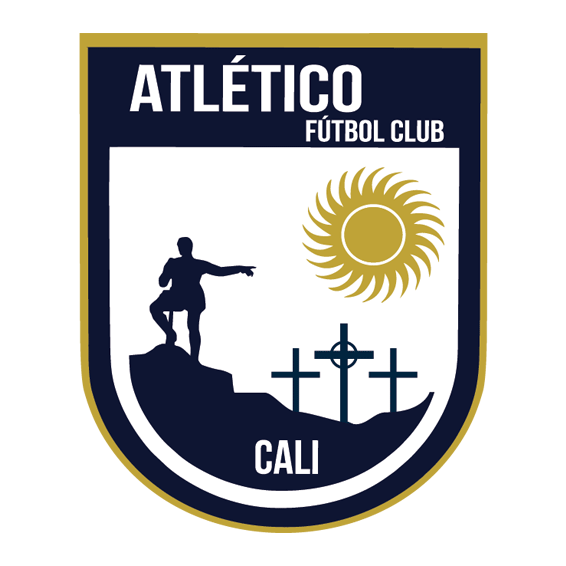

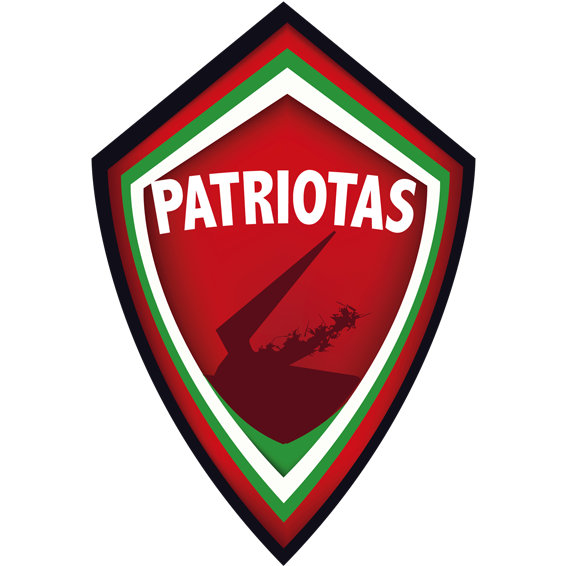

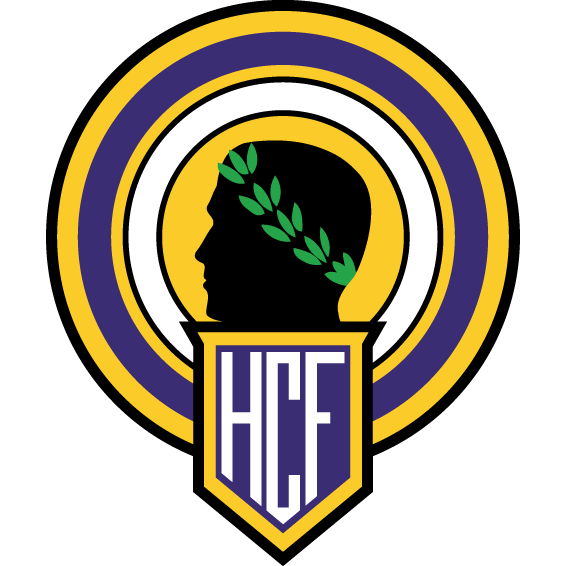
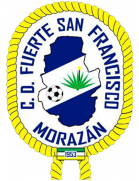

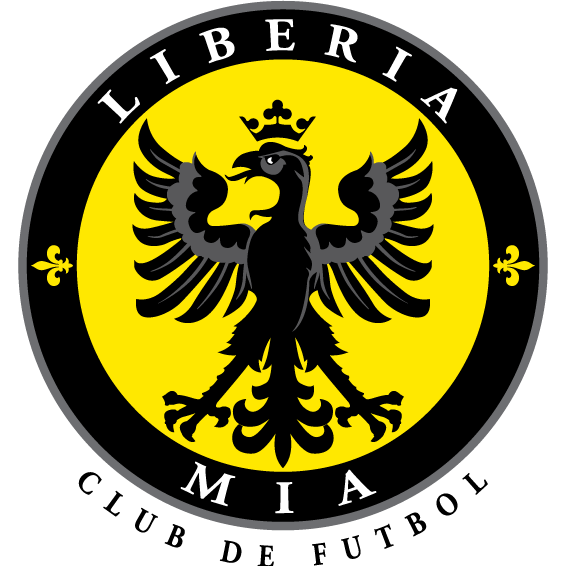

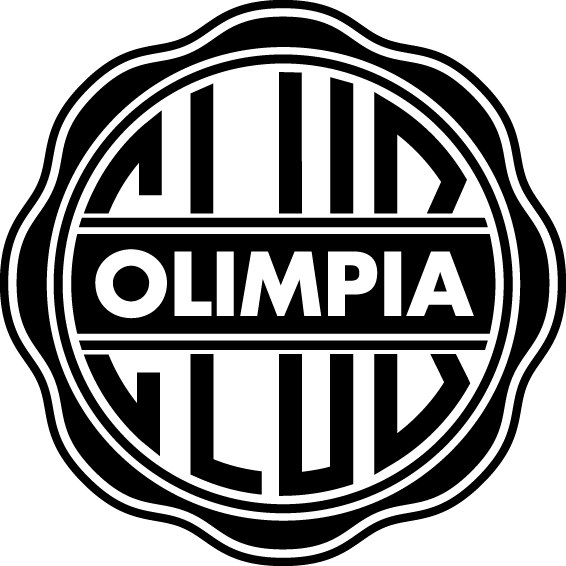
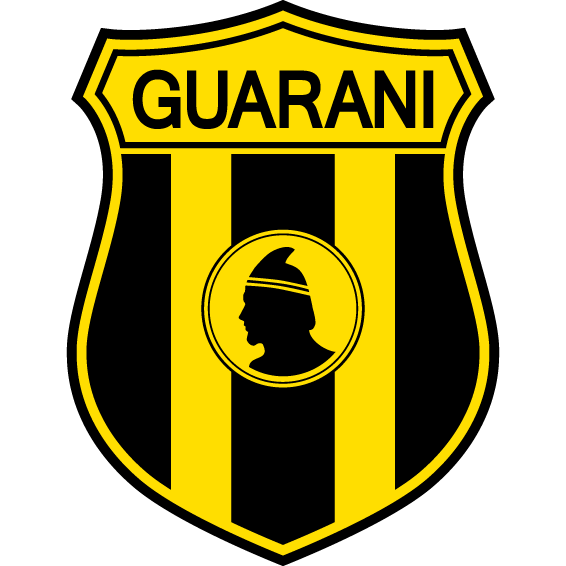
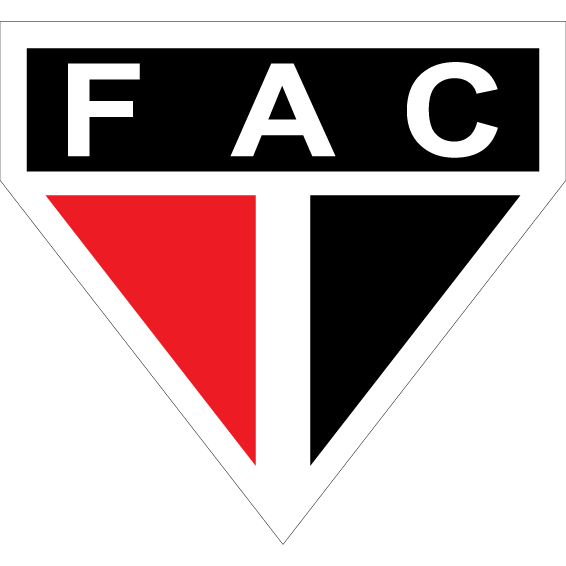


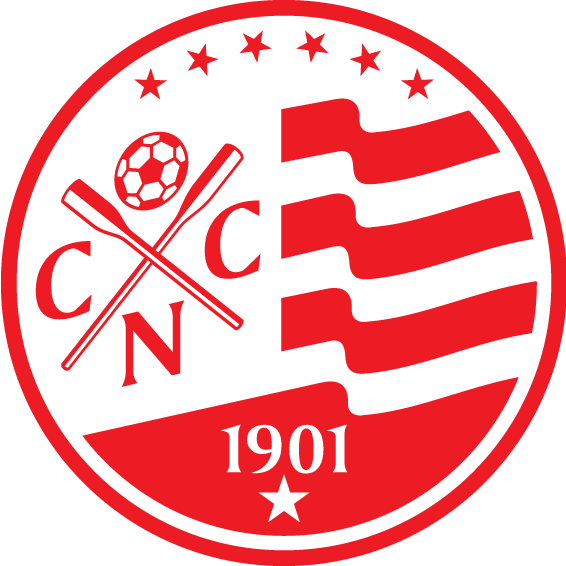
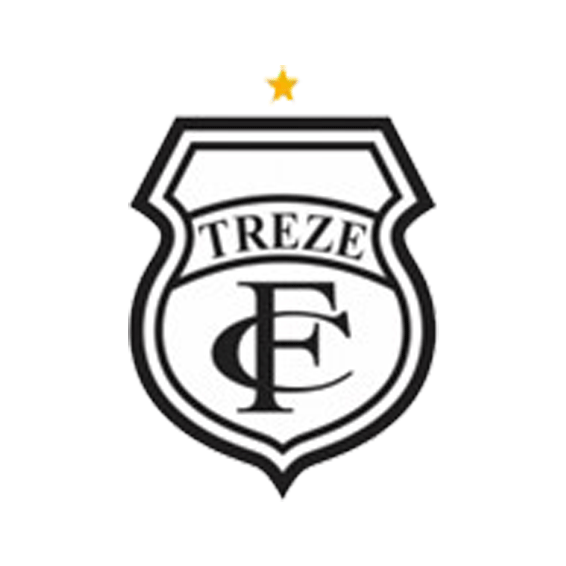


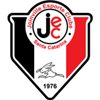



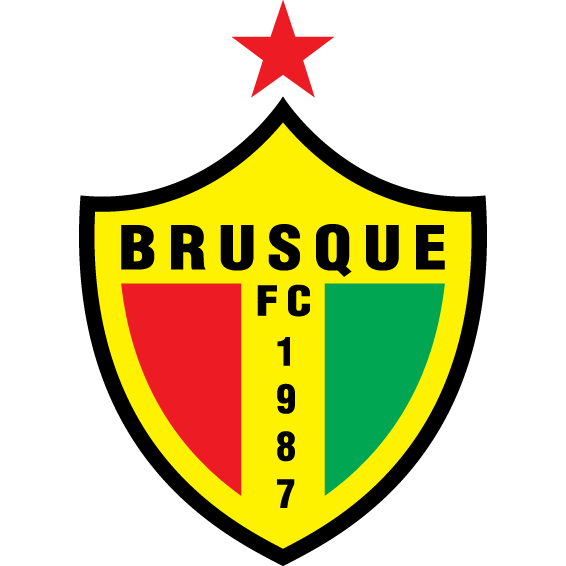
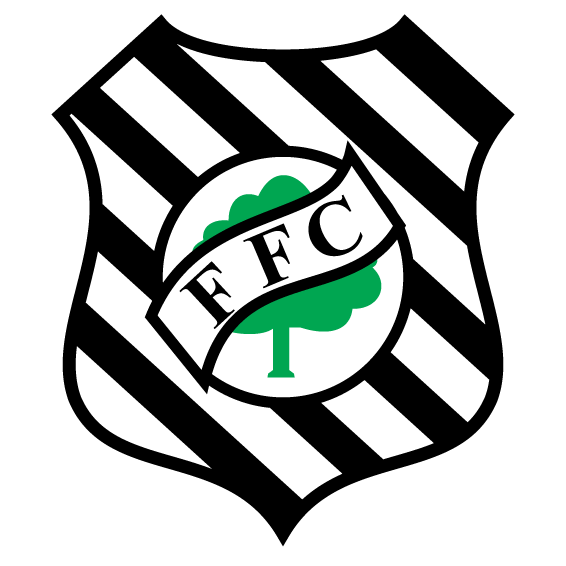



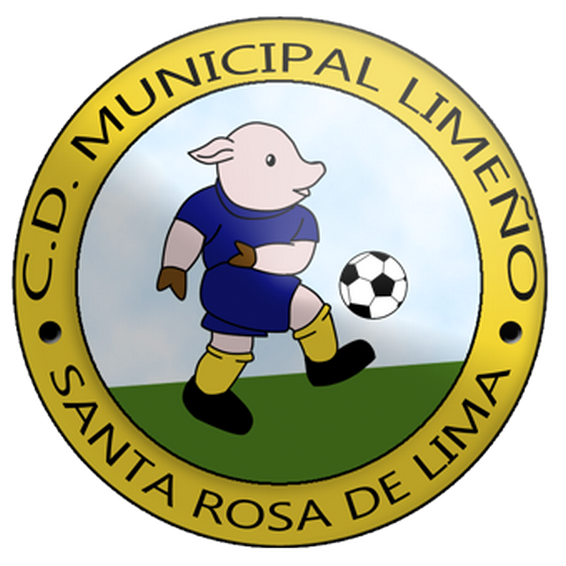
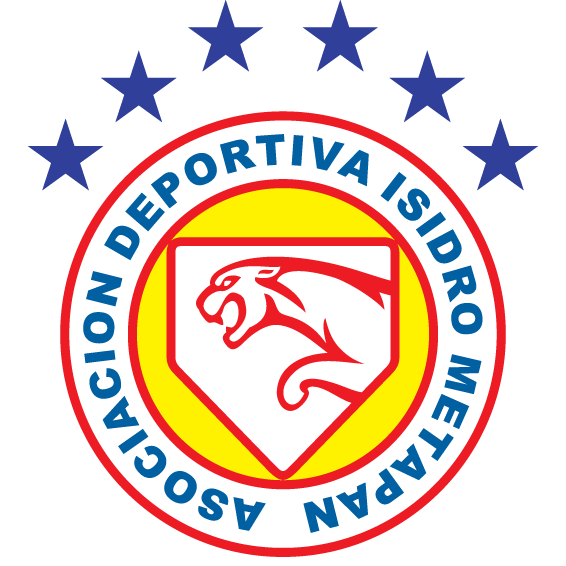
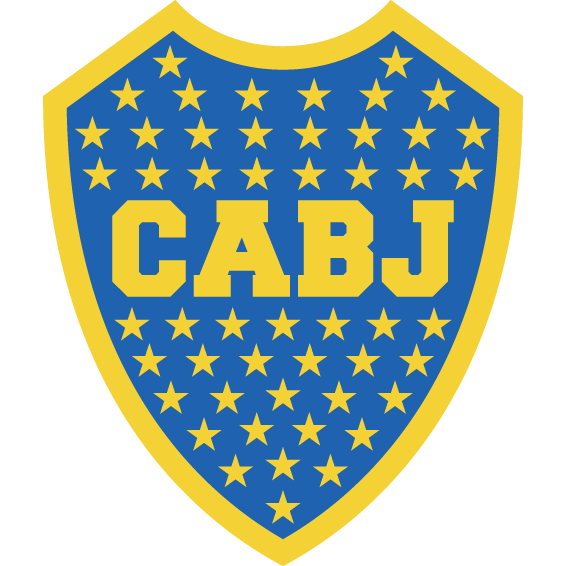
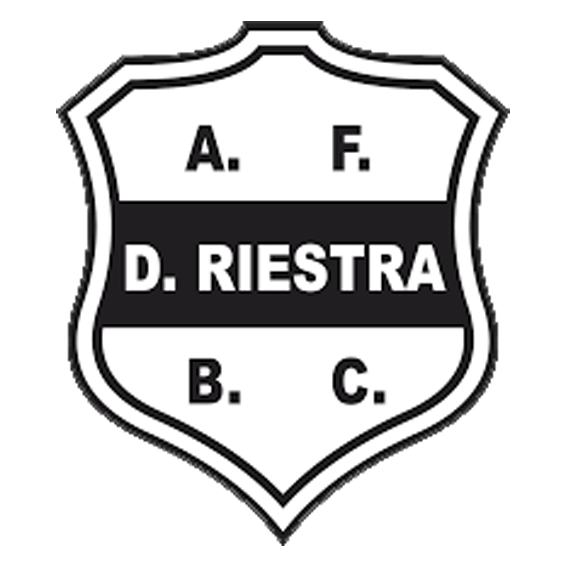
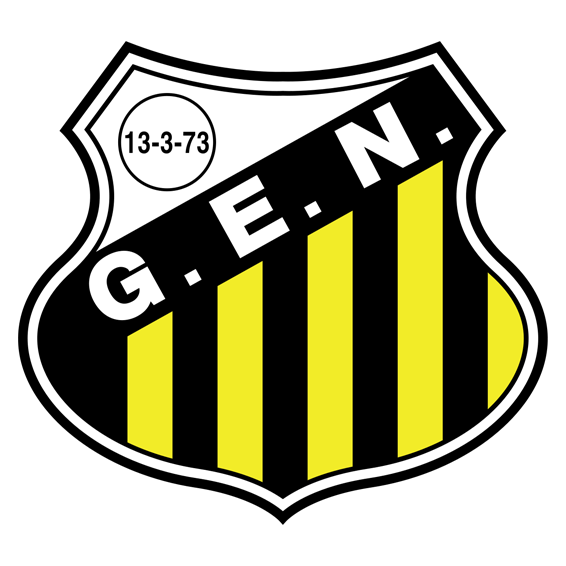
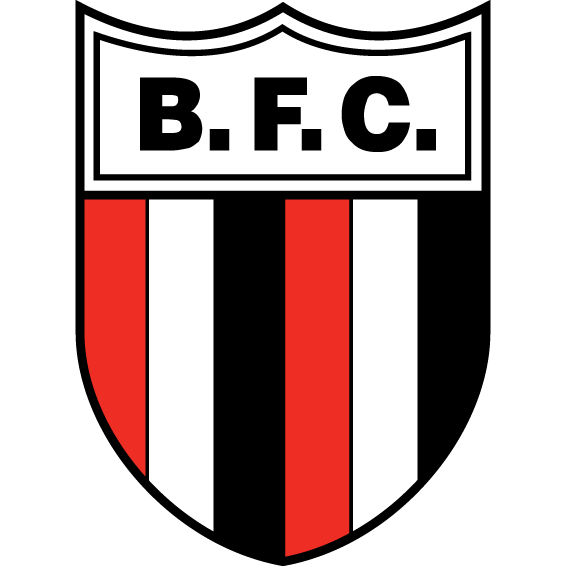


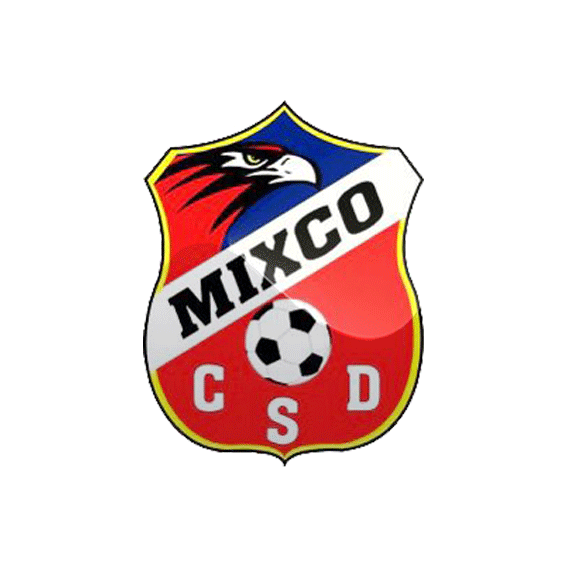
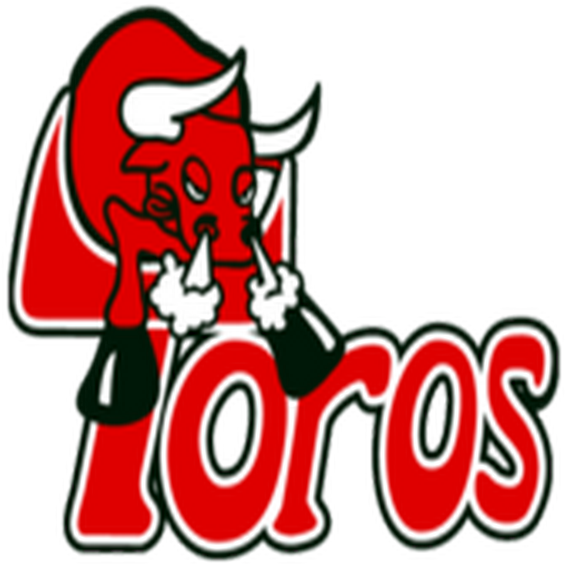
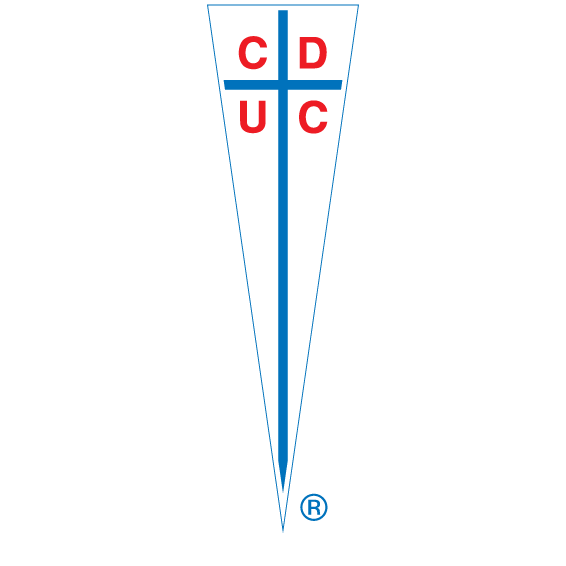
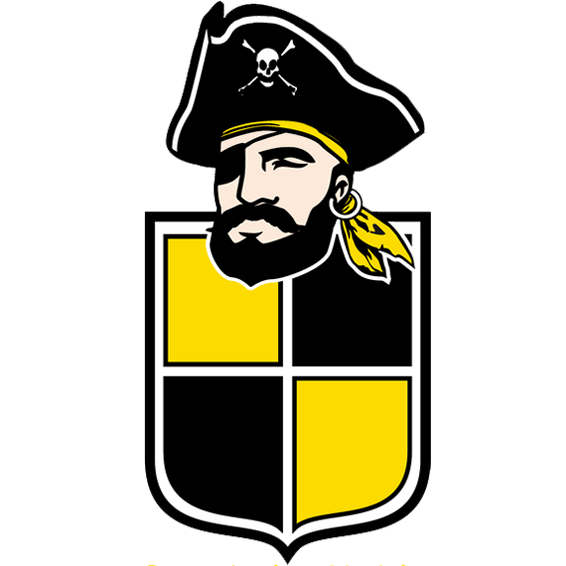




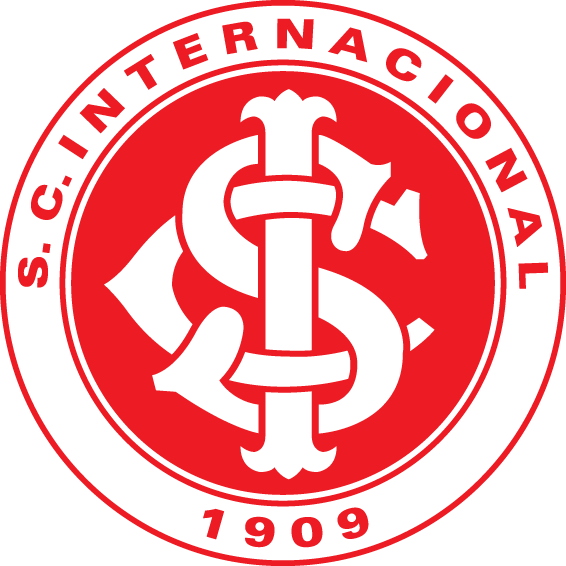
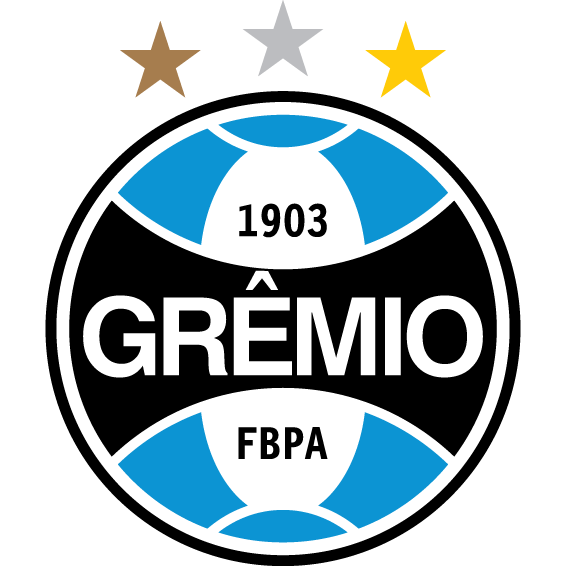
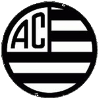


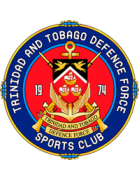

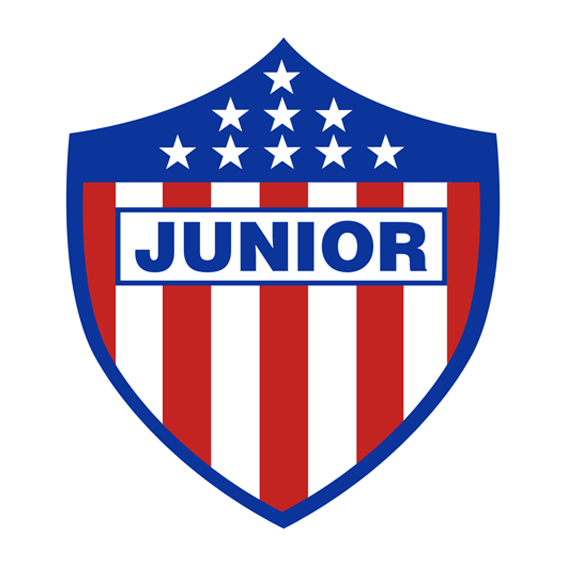
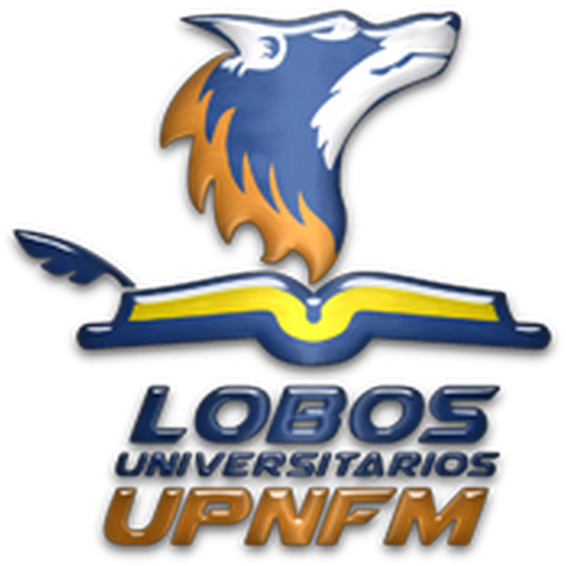

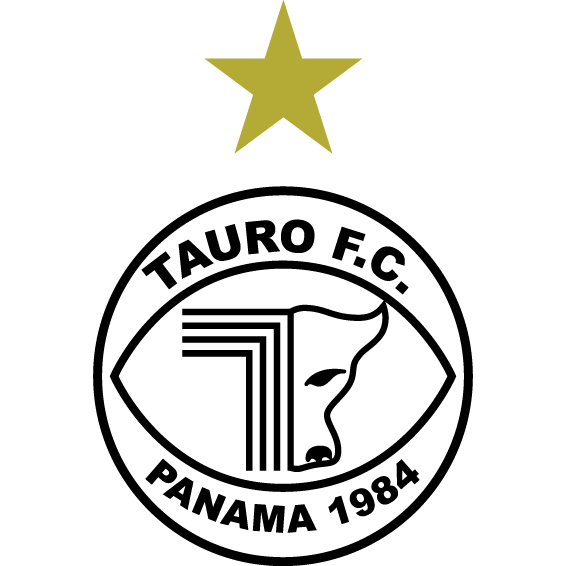
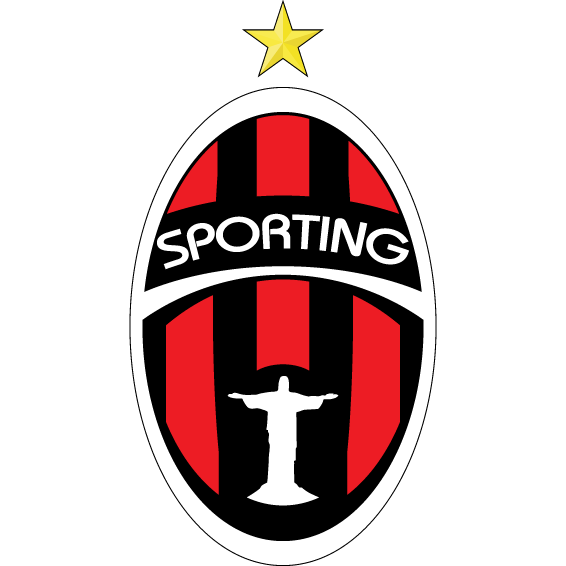

























There are no comments yet. Be the first to comment!